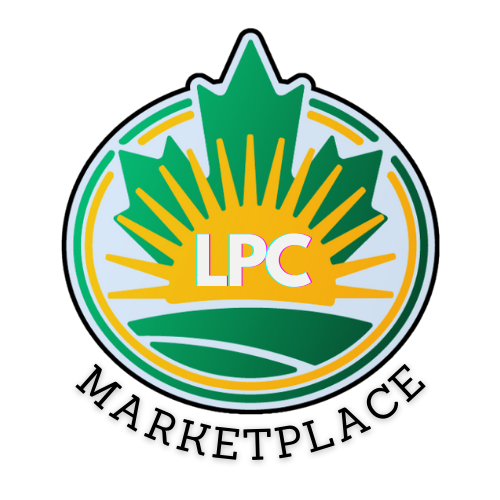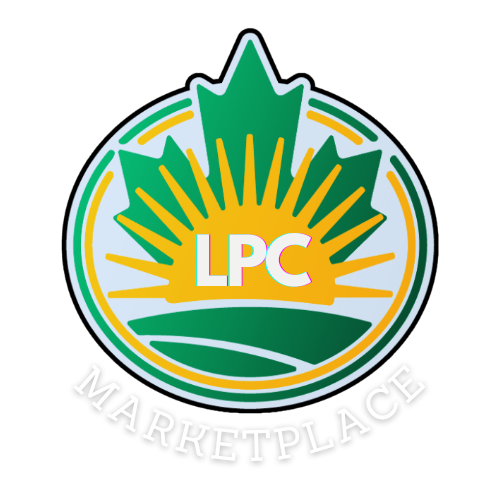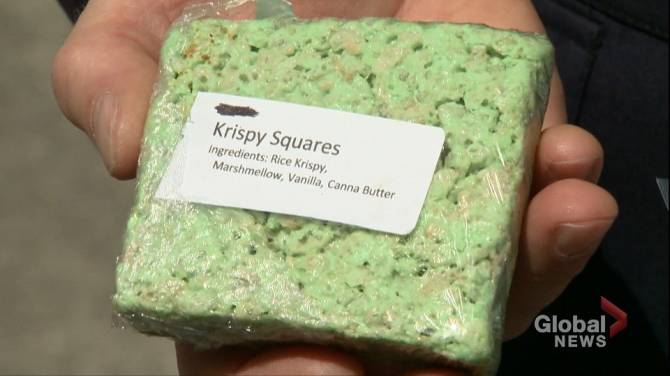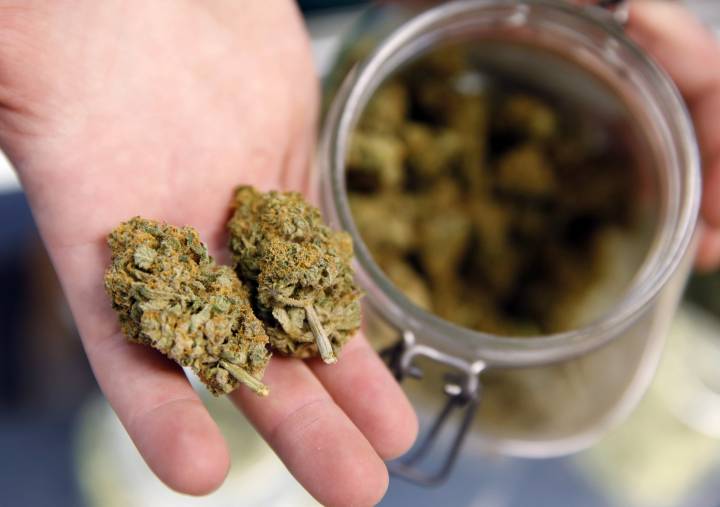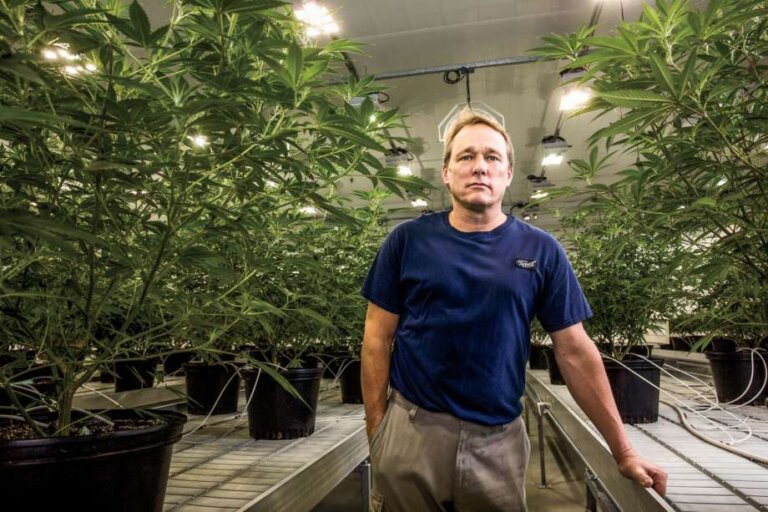New UN Leadership Following Softer Stance on Cannabis
WHO Currently Reviewing Benefits of Cannabis
 When Canada legalized cannabis for adult use on October 17, 2018, the country technically violated three UN international treaties on banning certain drugs. The UN formally “warned” Canada that if cannabis was legalized for non-medical or non-scientific use, it would be “incompatible with obligations” the country agreed to in a 1961 convention it signed.
When Canada legalized cannabis for adult use on October 17, 2018, the country technically violated three UN international treaties on banning certain drugs. The UN formally “warned” Canada that if cannabis was legalized for non-medical or non-scientific use, it would be “incompatible with obligations” the country agreed to in a 1961 convention it signed.
However, there are signs that the UN itself may be softening its view on cannabis use. Secretary-General António Manuel de Oliveira Guterres helped decriminalize all drugs when he was prime minister of Portugal, so it’s not surprising he’s adopting more progressive views on cannabis. In turn, the World Health Organization (WHO) is reviewing whether or not cannabis should be on the list of controlled substances. Currently, it is listed alongside such drugs as heroin and fentanyl.
WHO also plans to reopen research into the public health benefits and harms of cannabis and related drugs. This is the first time WHO has reviewed cannabis since 1971. The Expert Committee on Drug Dependence (ECDD) met last June and again in November in special sessions to start the evaluation process.
“Cannabis is a much more complex plant than many think – it is made up of at least a couple of hundred compounds, some of which have psychoactive properties, some less, and some of which seem to be showing some therapeutic value (such as cannabidiol),” wrote Daniela Bagozzi Senior Communication Manager of the WHO’s Access to Medicines, Vaccines and Pharmaceuticals department, via email (as quoted in the article linked to below). “In view of that, the WHO needs to look at the evidence and potential for harm, abuse, and dependence as well as for possible therapeutic uses.”
It’s not clear what the UN response will be if WHO decides that cannabis does indeed offer certain benefits or that its potential for harm is less than that of other currently scheduled drugs.
“Whatever the WHO ends up recommending, it has nothing to do with whether countries legalize cannabis or not, as these are national decisions. At the international level, it’s the United Nations Commission on Narcotic Drugs (CND) and the UN Office of Drugs and Crime (UNODC) that decide whether a substance should be controlled or not,” Bagozzi said.
There was some expectation that the WHO would announce cannabis reform at the International Cannabis Policy Conference (ICPC) earlier this month (December 2018). However, there wasn’t any bombshell announcement – after three years of research, WHO has not reached any conclusions to change its stance.
This editorial content from the LPC News Editor is meant to provide analysis, insight, and perspective on current news articles. To read the source article this commentary is based upon, please click on the link below.
